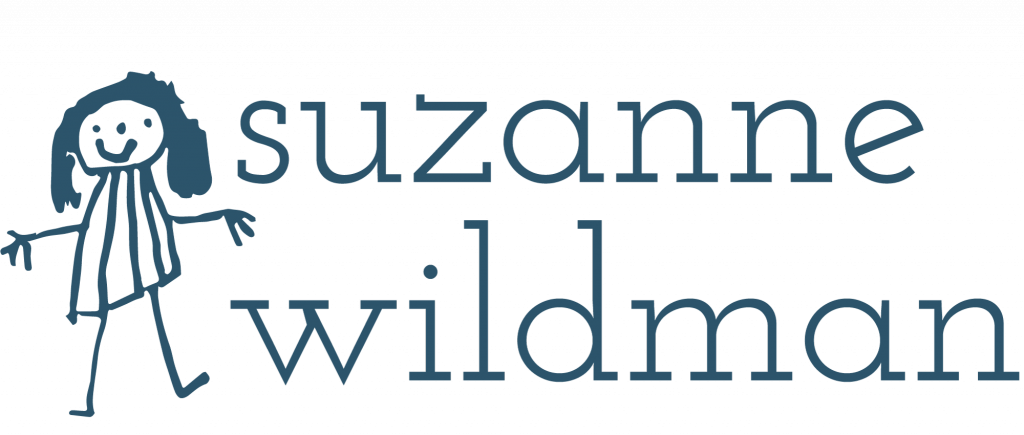 A Life-Changing Approach to Learning by Dawna Markova with Anne R. Powell. Berkeley: Conari Press, 1992. iii + 199 pp. $10.95.
A Life-Changing Approach to Learning by Dawna Markova with Anne R. Powell. Berkeley: Conari Press, 1992. iii + 199 pp. $10.95.
What is “real” education? How should we teach our children? Such big questions have always been hotly debated. When it comes to our own children, however, my guess is that abstract arguments from the public realm carry little weight compared to our own experiences of school.
This book’s opening chapters are a devastating indictment of the current state of our school systems, arguing that they do a poor job of nurturing creativity and individuality. However, the authors’ intent is to empower us as parents to see that we can make a difference in our children’s education within the existing school system. Markova and Powell urge us to recognize that we must be our children’s advocates because we know them best.
Education, for them, focuses on encouraging children and nurturing their natural resources rather than forcing them to conform to a particular mold. They assert that self-esteem is the single most important ingredient for success in learning. Self-esteem is built by trusting your own mind to accomplish what is relevant in your life. School, therefore, should concentrate on helping children access and train their unique mix of talents and abilities by providing a learning environment where they can grow and change themselves.
The most intriguing contribution of this book is its concentration on understanding different learning styles of children and adults. It describes the sensory channels (auditory, visual, and kinesthetic) that define the various ways people learn. It then profiles each of these learning styles and draws implications for how parents can promote growth and learning for children by paying careful attention to their individual learning styles.
Many children who find school challenging or who fail to perform or fit in prescribed ways are often given unflattering and damaging labels that stick to them like glue. Markova and Powell suggest that it may be in some cases a failure to realize that they learn using different channels rather than a failure on the part of children. Once a range of learning styles is accommodated, children’s natural curiosity and love of learning can flourish.
Dawna Markova writes from 30 years of experience as a teacher, parent, psychotherapist, and an educational consultant. Her teaching experience has ranged from kindergarten through the doctoral level in inner city, suburban and rural contexts. Anne Powell, also a classroom teacher and parent, has been involved over the past decade with Markova in teaching educators, administrators, and parents about personal thinking patterns.
The concept of distinct learning styles is fascinating especially for those with a particular interest in how children learn. The book is fun to read and useful as a starting point for thinking about your own learning style and that of each of your children. I was disconcerted because almost no mention is made of research to substantiate claims advanced about learning styles. Nevertheless, it was refreshing and thought-provoking to view learning from this perspective.
